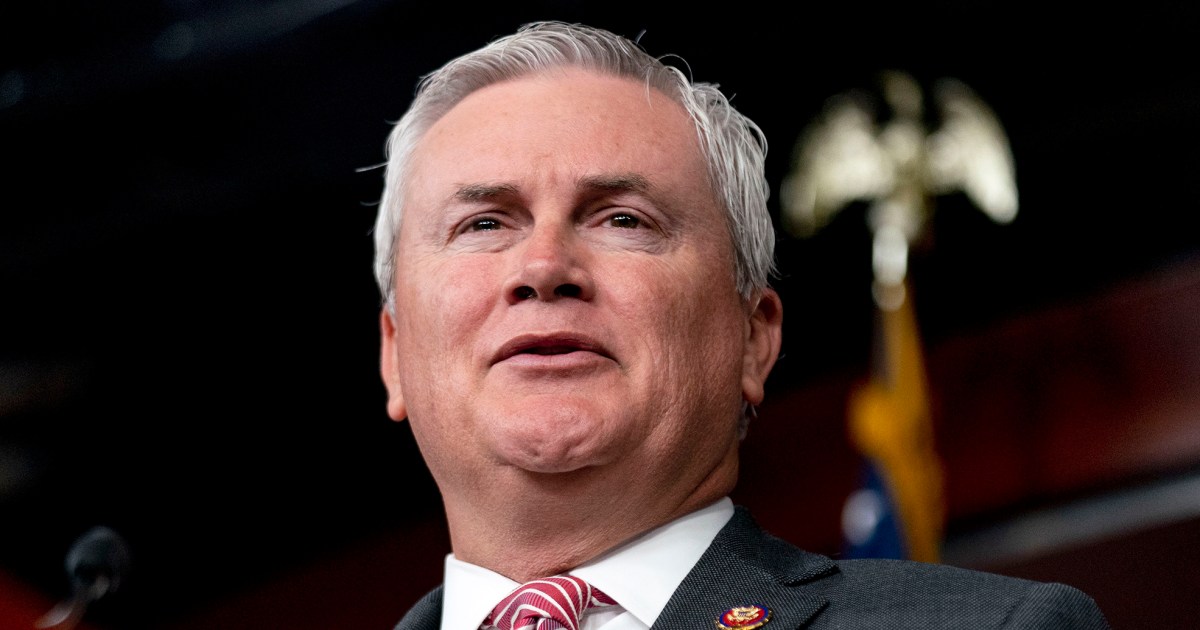Thanks to some good investments, new funding from his Middle Eastern backers and higher home values in south Florida, Ivanka Trump’s husband has joined his brother and his father-in-law in the three-comma-club.
Jared Kushner’s biggest private equity win so far is an Israeli business he tried to buy into more than a decade ago.
In 2014, Kushner was 33 and the CEO of Kushner Companies, the New York City-based real estate company cofounded by his father and grandfather. Looking for new investments, he targeted the Israeli insurance and financial services firm Phoenix. Kushner entered into a tentative deal to buy a 47% stake in the company, enabled in part by a loan from the seller. All looked promising for a time. But regulatory hurdles soon proved too difficult, and the bid fell through.
Ten years later, he got a second chance. Through Affinity Partners, the private equity firm he founded in early 2021, he’s spent roughly a quarter of a billion dollars buying a nearly 10% stake in Phoenix since July 2024. One of Affinity’s biggest bets to date, it’s also the firm’s “best investment,” boasts Kushner, now 44, who says he’s already made an over 9-times return.
Thanks in part to bets like this, as well as his knack for raising funds from high-profile Middle Eastern backers, Kushner is now a billionaire. Forbes estimates his fortune at just over $1 billion, up from at least $900 million a year ago. He joins the billionaire ranks alongside his brother Josh (net worth: $5.2 billion) and his father-in-law, President Donald Trump ($7.3 billion). But rather than following Josh, whose venture capital firm is mainly focused on tech investments, or Trump, who these days makes most of his money from crypto bets, Kushner has largely gone his own way.
Kushner left his family’s real estate business in 2017 to join the White House as a senior advisor for Trump’s first term. That role led him to the Middle East, where he eventually helped negotiate the Abraham Accords, a set of normalization agreements between Israel and the United Arab Emirates, Bahrain and others. In January 2021, the same month Trump left the White House, Kushner set up Affinity Partners in the Miami suburb of Sunny Isles Beach. Altogether he’s raised $4.6 billion, including $1.5 billion last year from two of his earlier backers, the Qatari sovereign wealth fund and Abu Dhabi-based Lunate (part of Emirati royal Sheikh Tahnoon’s Royal Group).
Kushner owns 100% of Affinity, which Forbes estimates is currently worth $215 million—up from $170 million in October. That makes it Kushner’s second-biggest asset after his 20% stake in his family’s Kushner Companies, worth $560 million (down from $580 million). Another good bet: buying a home on Florida’s Indian Creek island, the “billionaire bunker” enclave where both Jeff Bezos and the emir of Qatar also own estates, for $32 million in 2020. That house, which he shares with his wife Ivanka Trump, is now worth at least $105 million before accounting for its mortgage—a nearly three-fold jump in value. The rest of Kushner’s wealth lies in cash, artwork and other personal investments (though unlike his brothers-in-law and the president, seemingly no crypto).
It’s a wide-ranging portfolio, but these days he is laser-focused on Affinity. Private equity is a new realm for Kushner, whose prior expertise lay mostly in real estate. Perhaps wisely, he started slowly, spending less than $500 million through 2023. But he’s beginning to ramp up heavily: Affinity had publicly deployed over $2 billion as of April and is on track to invest at least $1 billion this year alone. The firm manages $4.8 billion in assets, according to its latest financial disclosure, filed in March. It now counts about 25 investments—including 22 portfolio companies—in at least eight countries across industries from fitness tech to car leasing.
“When we started, we were trying to find our positioning in the space,” Kushner tells Forbes. “But now we’ve established ourselves as a go-to partner.”
Among its newest investments: Affinity bought an 8% stake in U.K. digital bank OakNorth for an undisclosed amount in August. The firm’s also getting in on the artificial intelligence boom. It recently backed AI infrastructure firm UniversalAGI, which raised $10 million from a roster of high-profile investors including former Google CEO Eric Schmidt, Databricks cofounder Ion Stoica and prolific Israeli-born venture capitalist Elad Gil. And on Wednesday, Kushner and Gil llaunched a new AI startup based in San Francisco,


















